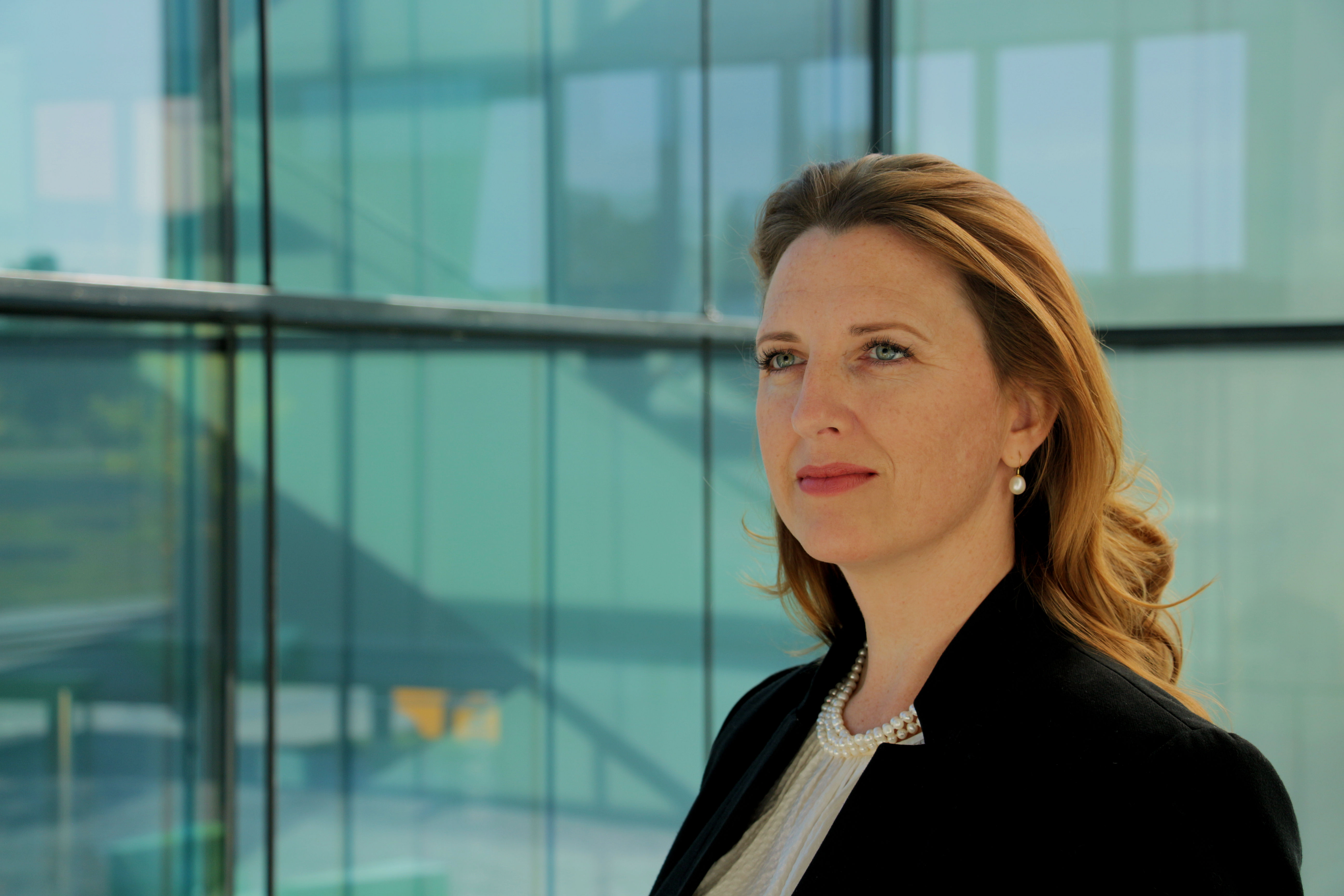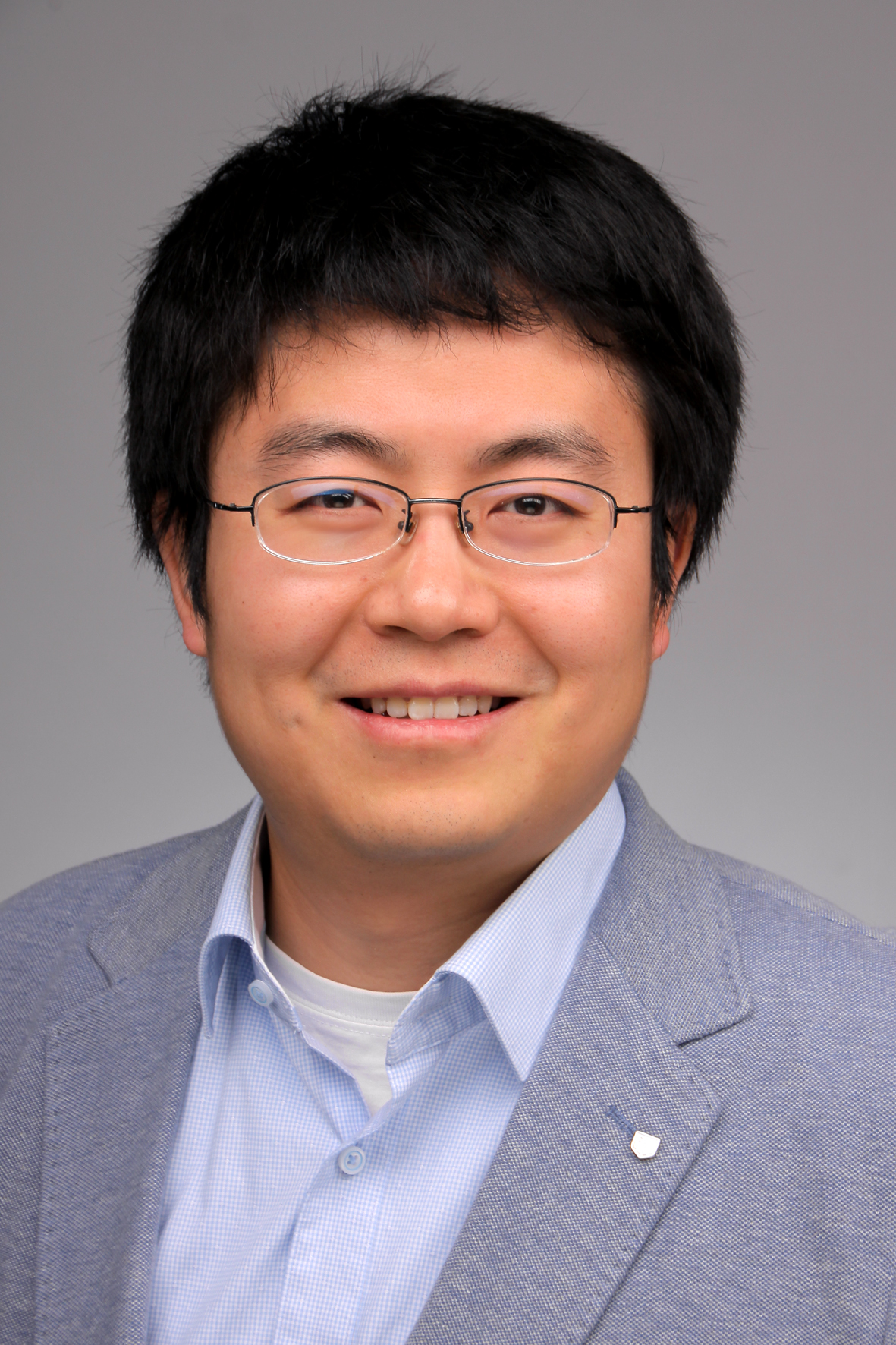HPC centers are facing a swelling request for bigger software flexibility to provision speedier and more miscellaneous modernization in computational technical work. Containers, which use Linux kernel structures to allow a client to alternate their own software stack for that installed on the host, is a progressively common technique to offer this flexibility. In our research, we will configure and test the performance and functions of a low overhead containerized cluster with HPC workloads. We will use Intel Quantum Simulator (Intel-QS) as the final workload. Intel-QS simulates quantum circuits and takes advantage of multi-core and multinode architectures. The Intel-QS uses MPI protocol to handle communication between nodes in the cluster. When it comes to container engine, we will start with Podman or Singularity. Podman tool is daemon-less, and the containers can even be run as a non-privileged user. It is easy to secure the host kernel from breakout attacks and it works well with the MPI because it uses the fork/exec model for containers instead of the client/server model. Singularity is specifically built for scientific and high-performance use cases. It has built-in support for MPI. We will use Kubernetes for container orchestration in the cluster.








